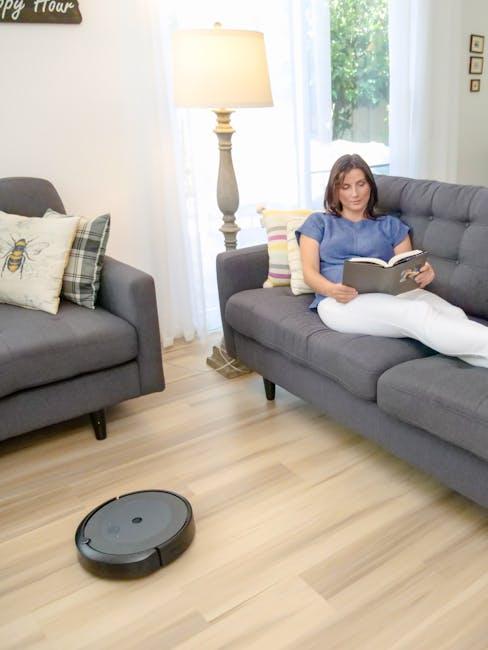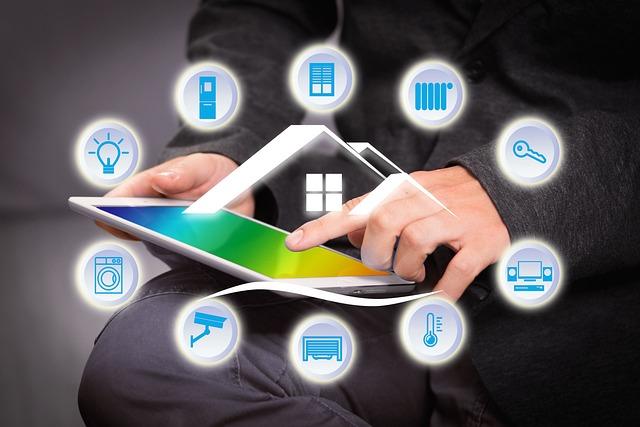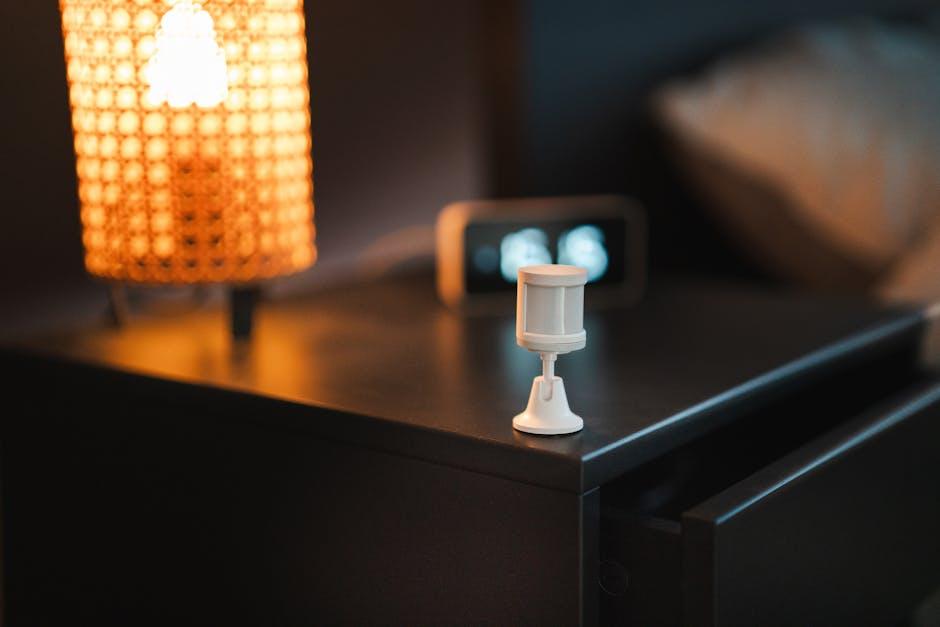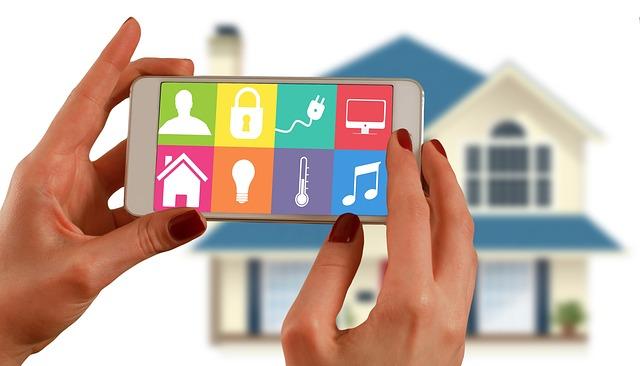In the era of digital innovation, smart home technology has emerged as a beacon of convenience and efficiency, seamlessly integrating into the daily lives of countless families. From voice-activated assistants to intelligent security systems, these devices promise unprecedented control and connectivity. However, beneath the allure of modern convenience lies a growing concern: the potential invasion of family privacy. As smart devices become increasingly ubiquitous, they not only capture data to enhance user experience but also raise critical questions about data security and privacy. This article delves into the complex interplay between the benefits of smart home technology and the privacy risks it poses, examining how the quest for convenience may inadvertently compromise the sanctity of personal and familial spaces. Through an analytical lens, we will explore the extent of this intrusion, the mechanisms behind data collection, and the implications for privacy in an ever-connected world, ultimately questioning whether the trade-offs are worth the perceived gains.
Implications of Smart Home Devices on Personal Privacy
The rise of smart home technology brings a new era of convenience and efficiency, yet it also raises significant concerns about the erosion of personal privacy. With devices such as smart speakers, security cameras, and thermostats becoming ubiquitous, the potential for data collection and surveillance increases exponentially. Privacy advocates warn that these gadgets, while enhancing daily life, may also serve as tools for gathering sensitive personal information without users’ explicit consent.
- Data Collection: Smart devices often collect data about user habits, preferences, and even conversations, which can be stored and analyzed by companies.
- Surveillance Concerns: Many of these devices come equipped with microphones and cameras, potentially turning them into surveillance tools that monitor private family interactions.
- Data Security: The more connected devices in a home, the greater the risk of cyberattacks, potentially exposing personal information to malicious actors.
In this digital landscape, balancing convenience with privacy becomes a critical challenge. Users must remain vigilant, understanding both the capabilities and limitations of their smart devices, and taking proactive measures to safeguard their personal spaces from unwanted intrusion.

Analyzing Data Vulnerabilities in Household Gadgets
As our homes become increasingly interconnected through smart devices, the risk of data vulnerabilities grows exponentially. Household gadgets, from smart speakers to intelligent thermostats, are now equipped with sensors and microphones that collect vast amounts of personal data. While these devices promise convenience and enhanced control over our home environments, they also present significant privacy concerns. The lack of stringent security protocols often leaves these gadgets susceptible to unauthorized access, potentially exposing sensitive information to cybercriminals.
Several factors contribute to the vulnerability of smart home devices:
- Inadequate encryption: Many devices fail to employ robust encryption methods, making it easier for hackers to intercept data.
- Default passwords: Manufacturers often ship gadgets with weak default passwords, which users rarely change, creating an easy entry point for attacks.
- Unpatched software: Devices frequently run outdated software, leaving them exposed to known vulnerabilities that could be exploited.
Understanding these risks is crucial for consumers who wish to safeguard their privacy while enjoying the benefits of smart home technology. Proactive measures, such as regularly updating firmware and employing strong, unique passwords, can significantly reduce the threat landscape.

Strategies for Safeguarding Family Privacy in a Connected Home
As smart devices proliferate in our homes, maintaining family privacy requires proactive strategies. One effective approach is to carefully manage device permissions. Regularly review and update the permissions granted to each device, ensuring they only access data essential for their functionality. Additionally, consider creating separate user accounts for each family member, which can limit data sharing and help customize privacy settings for individual preferences.
- Enable strong encryption: Use robust encryption protocols for all connected devices to safeguard data transmission.
- Secure your network: Regularly update your router’s firmware and use complex passwords to prevent unauthorized access.
- Utilize guest networks: Create a separate guest network for visitors to keep your primary network more secure.
Another essential strategy is to stay informed about the privacy policies of the devices and services you use. Understanding how your data is collected, stored, and shared enables you to make informed decisions. Consider disabling unnecessary data collection features and opt-out of sharing data with third parties whenever possible. By taking these steps, families can enjoy the convenience of smart home technology while maintaining control over their privacy.

Evaluating Trust and Security in Smart Home Ecosystems
In the rapidly evolving landscape of smart home ecosystems, the evaluation of trust and security is paramount. As families integrate more devices into their daily lives, the potential for privacy invasions becomes a growing concern. Smart home devices, from voice-activated assistants to smart thermostats, are designed to collect and process data, which can sometimes lead to unintended exposure of personal information. This raises questions about how manufacturers prioritize user security and what measures are in place to protect against unauthorized access.
- Data Encryption: Are communications between devices and servers securely encrypted?
- Access Controls: What authentication methods are implemented to prevent unauthorized use?
- Data Sharing Policies: How transparent are companies about sharing data with third parties?
- Regular Updates: Do devices receive timely security updates to address vulnerabilities?
As these concerns mount, it is essential for consumers to critically assess the security features of their smart home devices and demand greater transparency from manufacturers. A proactive approach towards understanding and mitigating risks can help families maintain control over their privacy in an increasingly connected world.



